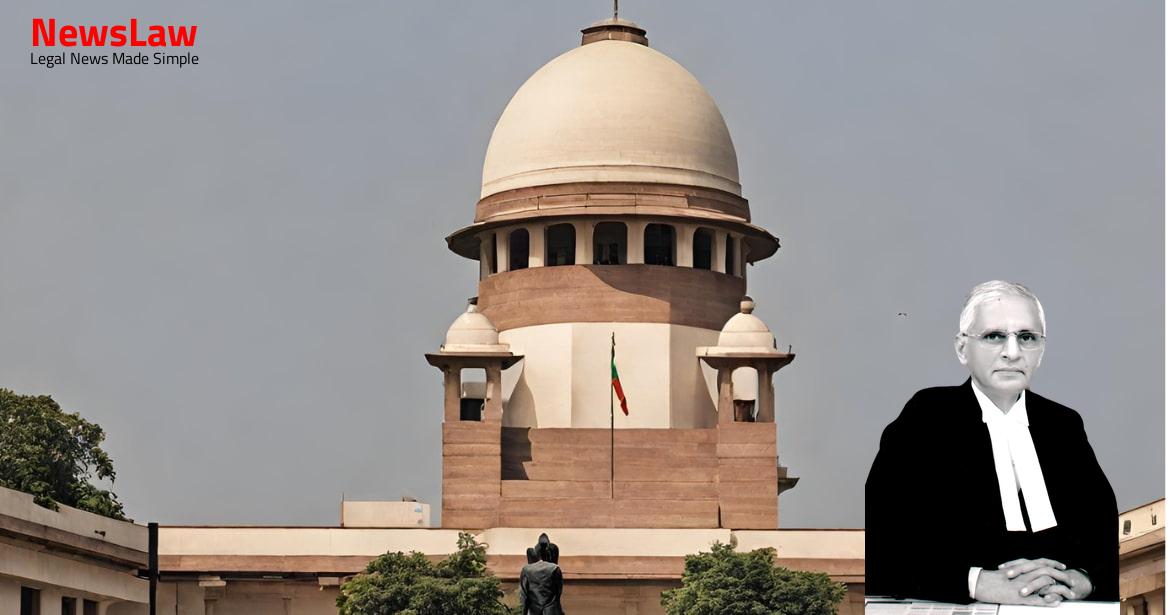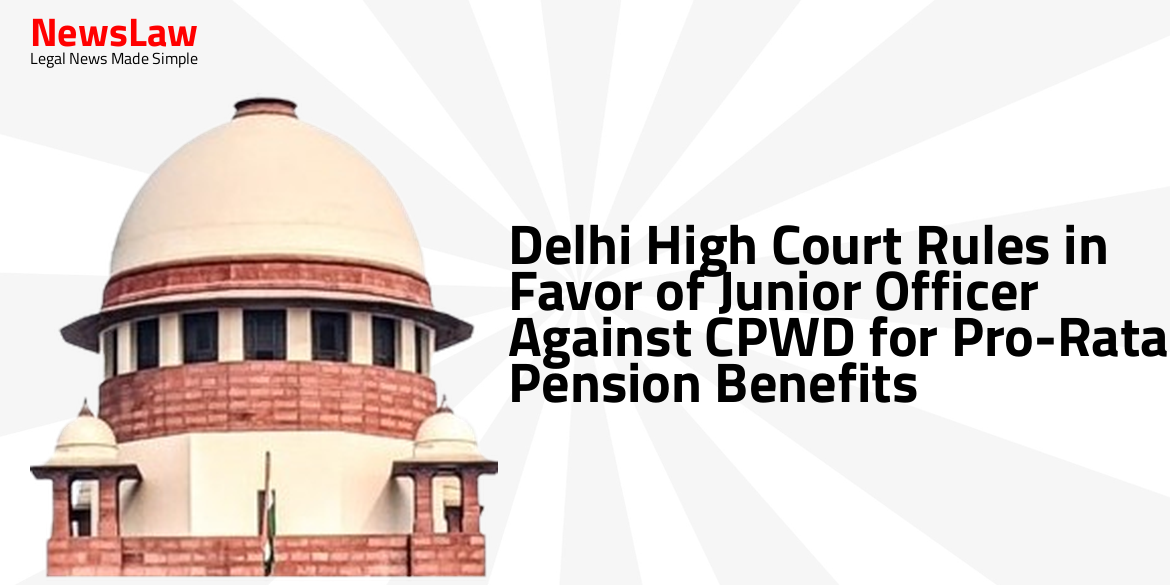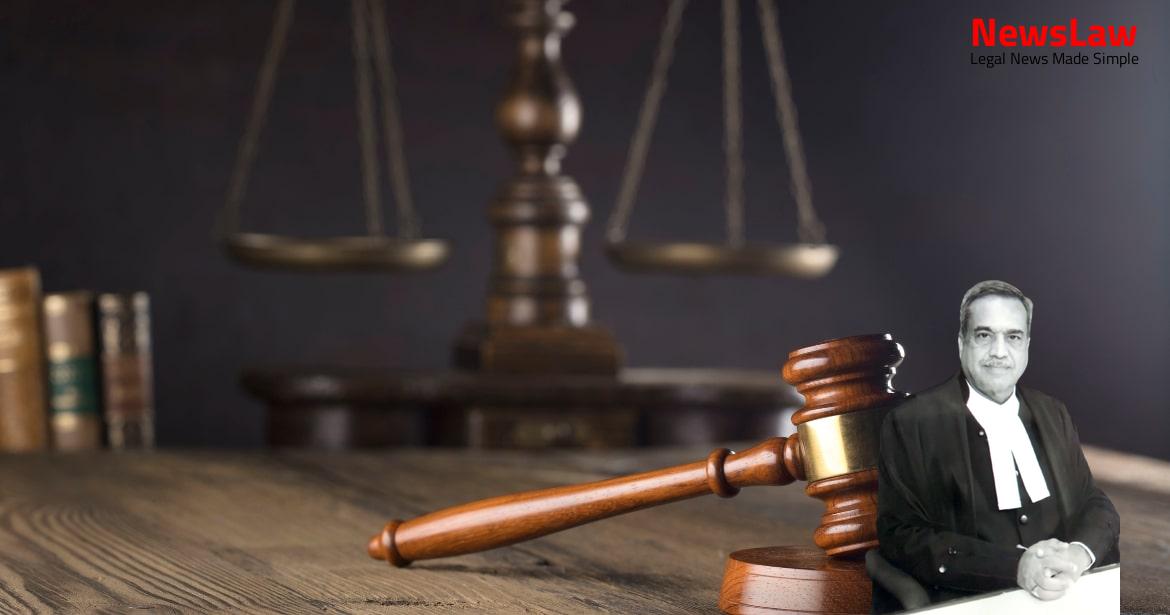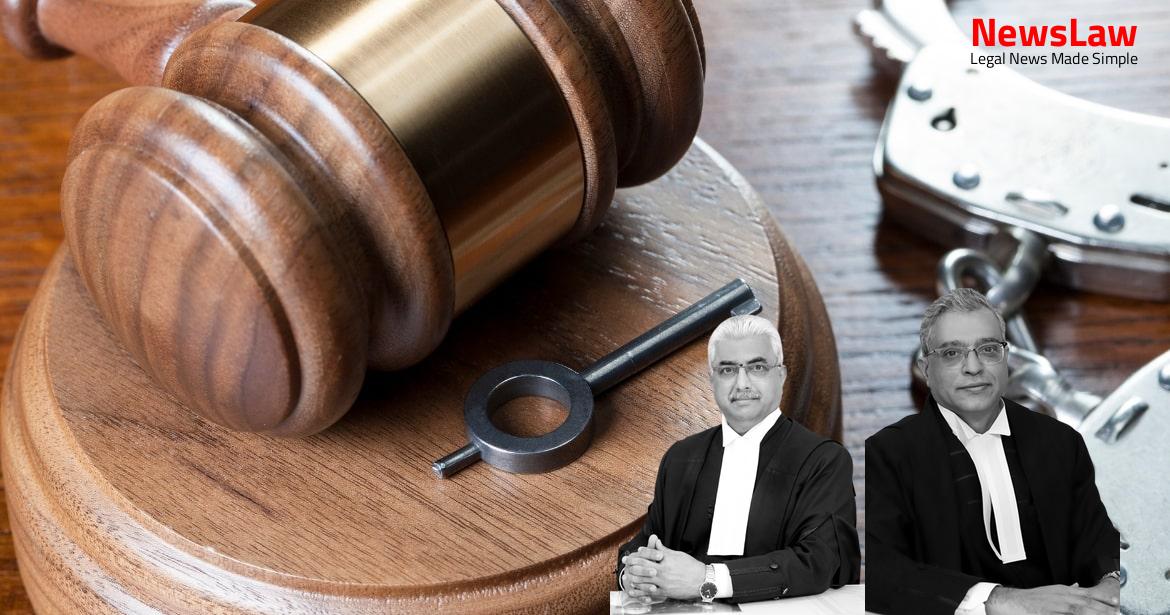Explore the legal intricacies of the recent case where the court assessed the constitutionality of the RBI’s prohibition on Merchanting Trade Transactions (MTTs) related to Personal Protective Equipment (PPE) products. The court’s exhaustive legal analysis delves into the balance between fundamental rights and State interests, emphasizing the necessity for a proportionality assessment. Discover the reasoning behind the court’s decision in upholding the RBI’s policy in regulating MTTs for goods restricted under the Foreign Trade Policy, shedding light on the intersection of business rights, public health concerns, and regulatory frameworks.
Facts
- The appellant, acting as an intermediary in a trade between China and the United States, obtained an MTT contract for the sale of PPE products.
- Export of PPE products was banned by the Indian government due to the COVID-19 pandemic, making MTT contracts involving PPE impermissible under Clause 2(iii) of the 2020 MTT Guidelines.
- The High Court upheld Clause 2(iii) of the Revised Guidelines on Merchanting Trade Transactions issued by the Reserve Bank of India.
- The appellant’s request for exemption on MTT contracts related to PPE products went unanswered by the Ministry of Commerce and DGFT.
- The appellant filed a writ petition before the Madhya Pradesh High Court challenging the constitutionality of Clause 2(iii) based on violations of business rights under Article 19(1)(g) and right to life under Article 21 of the Constitution.
- The RBI denied permission for the appellant’s MTT contract citing Clause 2(iii) of the 2020 MTT Guidelines and indicated the Union of India’s prohibition of PPE product exports.
- The appellant corresponded with the bank for necessary contract documents and with the Ministry of Commerce and DGFT clarifying there was no actual export of PPE products from India under his MTT contract.
- Clause 2(iii) of the 2020 MTT Guidelines prohibits MTT transactions for goods that cannot be imported/exported into India.
- The prohibition of MTT transactions for PPE products is a policy decision of the Ministry of Commerce and DGFT under the Foreign Trade Act.
- The Ministry of Commerce and DGFT prohibited the export of PPE products due to the COVID-19 pandemic, leading to the prohibition of MTTs under Clause 2(iii).
- MTTs have all the characteristics of an import/export transaction even though the goods do not physically enter Indian territory.
Also Read: Electoral Malpractices in Mayor Election
Arguments
- The appellant argues that the RBI and UOI’s prohibition of MTTs in respect of PPE products infringes his fundamental rights under Articles 14, 19(1)(g), and 21 of the Constitution.
- The RBI has linked the ban on MTTs completely to India’s FTP, instead of independently deciding it under FEMA, which may not fulfill the objective of prohibiting goods under the FTP.
- A complete prohibition on MTTs in relation to PPE products without a rational distinction of prohibiting their exports alone is seen as a constitutionally suspect infringement of the appellant’s freedom to conduct business.
- The appellant contends that legislative provisions or executive policies imposing a total prohibition on a citizen’s right to conduct business have been viewed circumspectly by the court.
- Export of PPE products was prohibited by the UOI to ensure adequate stocks in India during the COVID-19 pandemic, requiring regulation in conformity with the UOI’s FTP.
Also Read: Balancing Power and Transparency: Electoral Bonds Struck Down, Disclosure Mandated
Analysis
- Courts should carefully consider the reasonableness of a policy when it results in an absolute prohibition.
- Less intrusive policies should be considered as alternatives.
- The International Monetary Fund defines MTT as a transaction where goods do not enter the territory of the intermediary but are recorded as exports and imports.
- MTTs are considered analogous to traditional imports and exports internationally.
- The RBI’s policy linking MTT permissibility with FTP restrictions on import/export of PPE products is deemed suitable.
- The challenge to the constitutionality of Clause 2(iii) of the 2020 MTT Guidelines is based on alleged violations of Articles 14, 19(1)(g), and 21.
- The RBI’s role under FEMA is to manage, regulate, and supervise foreign exchange in India.
- Prohibition of MTTs in PPE products was crucial to prevent hoarding and maintain adequate domestic supplies.
- The balance between fundamental rights and State aims, particularly in the context of RBI regulations, is important.
- An integrated proportionality analysis has been adopted to assess the limitation on rights in this case.
- The measures taken by the RBI in regulating MTTs align with the objectives of preserving Indian foreign exchange reserves and ensuring domestic supply.
- The necessity and suitability of the prohibition of MTTs in relation to PPE products under the 2020 guidelines has been justified.
- The prohibition of MTTs for goods prohibited under the FTP serves to maintain consistency in India’s policy positions.
- Proportionality analysis is crucial in determining violations of fundamental rights under the Indian Constitution.
- A legitimate state interest is the first prong for assessing proportionality.
- Regulating the economy is a balance between private commercial actors and the democratic State.
- The RBI is a special, expert regulatory body insulated from the political arena.
- Proportionality analysis is necessary for assessing violations of fundamental rights under Articles 14, 19(1)(g), and 21.
- A measure must pursue a legitimate aim with a rational nexus and balance between the limitation of rights and public interest.
- Courts do not interfere with economic or regulatory policy adopted by the government.
- The prohibition of MTTs in PPE products by the RBI is justified for public health reasons.
- The constitutionality of RBI’s decision to prohibit MTTs in PPE products should be determined through a proportionality analysis.
- The court found no need to interfere with the decision
- The reasons provided in the judgment were considered sufficient
- The existing arguments and evidence did not warrant a different outcome
Also Read: Recall of Resolution Plan Approval: Legal Analysis
Decision
- The appeal stands dismissed.
- Pending application(s) will be disposed of.
- No merit found in the appeal.
Case Title: AKSHAY N. PATEL Vs. RESERVE BANK OF INDIA (2021 INSC 828)
Case Number: C.A. No.-006522-006522 / 2021



